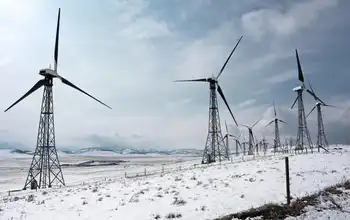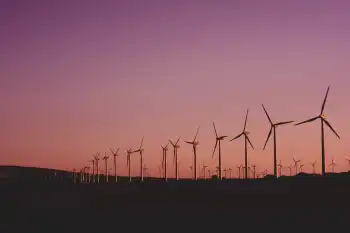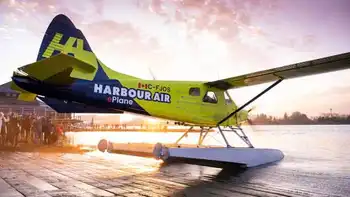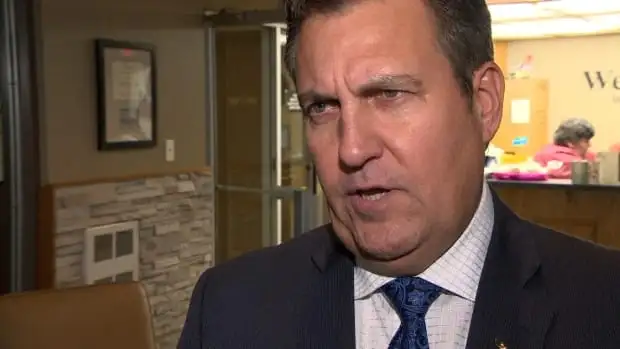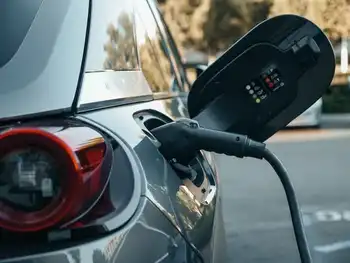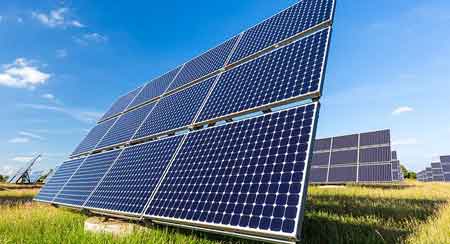Electric school buses hit the road in B.C.
CSA Z462 Arc Flash Training - Electrical Safety Essentials
Our customized live online or in‑person group training can be delivered to your staff at your location.

- Live Online
- 6 hours Instructor-led
- Group Training Available
B.C. electric school buses launch on Vancouver Island, showcasing zero-emission transport, regenerative braking, lower maintenance costs, and charging infrastructure, funded by the Ministry of Education to reduce carbon footprint and enhance environmental learning.
Key Points
B.C. electric school buses are zero-emission student transport with lower fuel and maintenance costs.
✅ Province funded 18 e-buses; SD62 deployed two on Vancouver Island.
✅ About $50 electricity per 550 km vs $175 diesel for fuel.
✅ 220 km range; regenerative braking; up to 40% lower maintenance.
Two of B.C.'s first electric school buses hit the road this week in the Sooke school district on Vancouver Island, as Metro Vancouver e-bus rollout continues across the region.
School District 62 is one of 13 districts that have acquired electric buses with the help of B.C.'s Ministry of Education, which provided $13 million for 18 buses throughout the province, as electric ferries in B.C. expand the zero-emission transition across transportation.
The ministry estimates the 18 buses can provide service for about 1,300 students a day.
Each electric bus costs about $350,000, compared to an average of about $150,000 per diesel-powered school bus.
Tracey Syrota, transportation manager with the Sooke school district, said they received about $118,000 in funding from the Ministry of Education, along with a carbon-neutral grant of $65,000. They also got $180,000, the regular funding to replace a diesel bus, which they put toward the new buses and their charging units.
"This is an incredible milestone in our effort to foster innovation and sustainability in the work we do in the Sooke school district," Ravi Parmar, district board chair, said in a media release.
"We are incredibly thankful for the funding for this e-bus as well as to be able to provide students with transportation that aligns with our goals of reducing our carbon footprint and enhancing environmental learning opportunities."
Based on calculations from U.S. data from 2018, Syrota expects to see a 40 per cent decrease in maintenance costs, and TTC e-bus lessons suggest similar efficiencies in large fleets as well. As for fuel, the savings will be considerable; Syrota said a diesel bus costs about $175 to fill for a 550-kilometre trip, whereas charging the electric bus costs about $50 in electricity.
The plan is to plug the buses in overnight, and midday if needed, as jurisdictions like California's school bus policy accelerate charging standards and infrastructure.
But the buses are also equipped with regenerative braking.
"They have a 220 kilometre range that they can go," Syrota told All Points West host Kathryn Marlow.
"But the nice thing about that is with regenerative braking, potentially, they may be able to go farther than the 220 kilometres, depending on how well you utilize the accelerator pedal, because that when you lift your foot slightly off the accelerator pedal, the regenerative braking kicks in."
Drivers, including Al Kowalko, have had special training to understand all the electrical components of their new vehicles, as cities like St. Albert's e-bus program build similar operator expertise.
"Our instrumentation is a lot different," Kowalko said.
"Looks like something out of Star Wars."
Cost savings are only part of the benefit, Syrota said. Reducing carbon emissions is part of the district's strategic plan, and BC Ferries hybrid ships reflect this broader shift in provincial transportation.
"I think we're going to see huge benefits overall for the efficiencies of them, the cost reduction and just the overall health and benefit of the environment," Syrota said.
The two new buses in Sooke are part of a 45-bus fleet, which Syrota hopes will become entirely electric over time, as initiatives like large-scale school bus conversions accelerate the market.





